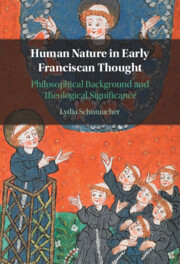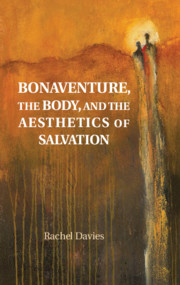The success of the Counter-Reformation in Ireland following the restoration of the Catholic hierarchy was a remarkable achievement. Between 1618 and 1630 Rome made a staggering nineteen episcopal appointments in a kingdom that was ruled by a Protestant king. Documenting the achievements of the initial period only paints half the picture, however. The implementation of the Tridentine reforms and the thorny issue of episcopal authority brought the religious orders into a head-on collision with the secular clergy. This protracted dispute lasted for a decade, most notably in the diocese of Dublin where an English secular priest, Paul Harris, led a hostile attack on the Franciscan archbishop, Thomas Fleming. The longevity of the feud, though, owed at least as much to the intervention of Lord Deputy Sir Thomas Wentworth as it did to the internal tensions of the Catholic Church. Despite Wentworth’s influential role, he has been largely written out of the conflict. This article addresses the lacunae in the current historiography and argues that the lord deputy’s interference was a decisive factor in exacerbating the hostilities between the secular and regular clergy in early seventeenth-century Ireland.



